How do I prepare my body for conception?
The journey to parenthood can be one of the most fulfilling experiences in life. However, for some couples, conceiving a child can be a challenging and emotionally taxing process. While there are many factors that influence fertility, nutrition plays a significant role in both male and female reproductive health. Read on to explore the ways in which you can prepare your body for conception with nutrition. Preconception should ideally be a three month process so that your body can adapt and adjust itself to these beneficial nutritional changes.
A balanced diet is needed for both partners
Before diving into specific nutrients, it's crucial to emphasize the importance of a balanced diet for both partners. A well-rounded diet provides essential vitamins, minerals, and nutrients necessary for reproductive health. Here are some key components of a fertility-friendly diet:
Fruits and Vegetables
A diet rich in colorful fruits and vegetables provides a wide range of vitamins and antioxidants that support overall health and fertility. Aim to fill half your plate with these nutrient-dense foods.
Whole Grains
Opt for whole grains like brown rice, quinoa, and whole wheat bread over refined grains. They provide a steady source of energy and essential nutrients.
Lean Proteins
Include lean sources of protein such as poultry, fish, beans, and tofu in your diet. Protein is essential for hormone production and egg development.
Healthy Fats
Incorporate sources of healthy fats like avocados, nuts, and olive oil. Omega-3 fatty acids, in particular, are beneficial for reproductive health.
Dairy or Dairy Alternatives
Include dairy or fortified dairy alternatives for calcium and vitamin D, which are important for reproductive function.
Now, let's delve into specific nutrients that can boost fertility…
Folic Acid
Folic acid is a B-vitamin that plays a crucial role in early fetal development. For women, it's especially important before and during pregnancy to prevent birth defects. However, men should also ensure they're getting enough folic acid as it may improve sperm quality.
Iron
Iron is essential for the production of healthy red blood cells and oxygen transport throughout the body. In women, iron helps prevent anemia, which can affect fertility. Include iron-rich foods like lean meats, beans, and fortified cereals in your diet.
Vitamin D
Vitamin D is essential for both male and female fertility. It's involved in hormone regulation and can improve the chances of successful conception. Get your dose of vitamin D from sunlight, fortified foods, or supplements as recommended by your healthcare provider.
Omega-3 Fatty Acids
Omega-3 fatty acids, found in fatty fish like salmon, walnuts, and flaxseeds, are beneficial for reproductive health. They help regulate hormones, reduce inflammation, and improve blood flow to the reproductive organs.
Zinc
Zinc is vital for sperm production and overall reproductive health in men. Include zinc-rich foods like oysters, lean meats, and nuts in your diet.
Antioxidants
Antioxidants, such as vitamins C and E, help protect reproductive cells from damage caused by free radicals. Berries, citrus fruits, and nuts are excellent sources of antioxidants.
Limit Processed Foods and Sugars
While it's essential to focus on nutrient-rich foods, it's equally important to limit or avoid processed foods and excessive sugars. High sugar intake and processed foods can lead to weight gain, inflammation and insulin resistance, all of which can negatively impact fertility.
Optimizing your nutrition is a proactive step towards enhancing your fertility. A balanced diet that includes essential nutrients like folic acid, iron, vitamin D, and omega-3 fatty acids can positively influence your chances of conception. Remember that both partners play a role in fertility, so adopting a healthy lifestyle together can increase your odds of welcoming a new addition to your family. With the right nutrition and support, you're on your way to nurturing the best environment for a healthy pregnancy. If you are looking to conceive soon, or you have been trying for a while and need some support, please do book in a free 20 minute consultation where we can discuss more in detail and I can explain how I can provide personalised support to you and your partner.



